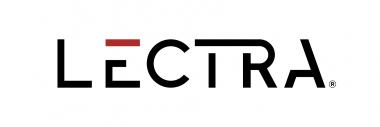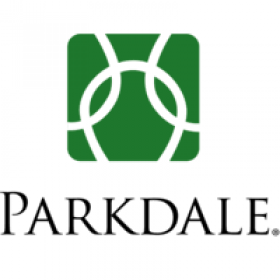Sustainable fashion: How are the leaders in fast fashion doing? Post-COVID-19 survey
- 10% of their offer is eco-responsible.
- Sustainable cotton is a priority for retailers for the coming years.
- Sustainable garments cheaper than standard garments.
Brands are prepared for the new health protection rules and have reopened their stores. But aside from the direct impact of the COVID-19 epidemic, is the fashion market ready to respond to customers’ desire to act by changing their spending habits?
Based on analyses by Retviews, a recently acquired startup, Lectra has produced a survey of sustainable fashion among the leading fast fashion brands*.
The COVID-19 crisis has given many people the desire to live more meaningfully and to act more responsibly. The crisis period could be seen as the catalyst that forces the fashion industry to change the way it designs, produces and distributes its products. Since, for consumers, buying is a way of expressing a commitment and affirming their values, brands have an incentive to change their offer in preparation for the future, by taking a more eco-responsible, authentic and transparent approach.
While these factors were apparent before the pandemic, they have now become the key to interacting with consumers wanting a more responsible offer. The era of the consumer activist, long heralded without actually becoming a reality, is now here, and brands must adapt in response.
*Please read the attached document for more information
Lectra Headquarters / Press Department


























